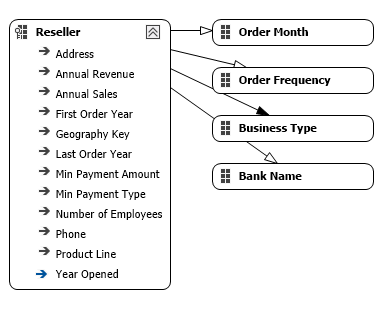We have already discussed quite some design tips for building Analysis Services (SSAS) Multidimensional cubes and dimensions:
Read more »Koen Verbeeck

Analysis Services (SSAS) Multidimensional Design Tips – Creating Dimensions
June 1, 2017In the previous article, Analysis Services (SSAS) Multidimensional Design Tips – Data Source View and Cubes, we discussed best practices for SSAS Multidimensional cubes and data source views. In this article, we continue the series with design tips for creating dimensions as the subject. As with the previous article, most tips are suited for SSAS 2008 (most likely 2005 as well) to 2016 and later versions. Analysis Services Tabular is not covered in this article.
Read more »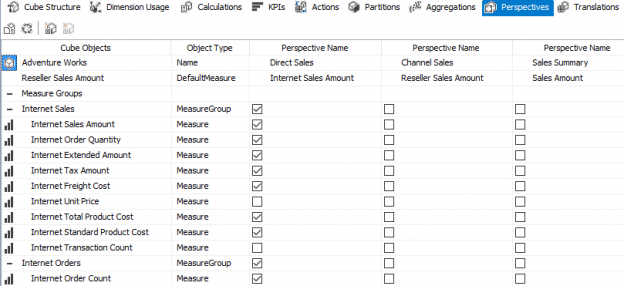
Analysis Services (SSAS) Multidimensional Design Tips – Data Source View and Cubes
April 28, 2017In this article, we’ll discuss some tips and best practices regarding the design of OLAP cubes in Analysis Services Multidimensional (SSAS). Most tips – if not all – are applicable for SSAS 2008 to 2016 (and later most likely). Since Analysis Services Tabular – the in-memory columnstore OLAP database from Microsoft – is a completely different design experience, it will not be included in this article.
Read more »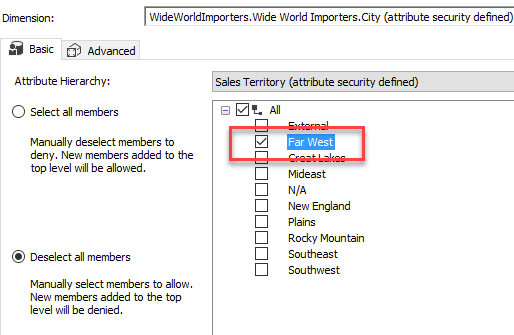
How to optimize the dimension security performance using partitioning in SSAS Multidimensional
March 27, 2017Introduction
In the articles How to partition an SSAS Cube in Analysis Services Multidimensional and Benefits of Partitioning an SSAS Multidimensional Cube, the concept of measure group partitioning is introduced and the advantages are clearly illustrated. One of the biggest advantages of partitioning is partition elimination, where only the partitions necessary to satisfy the query are read instead of all the data.
Read more »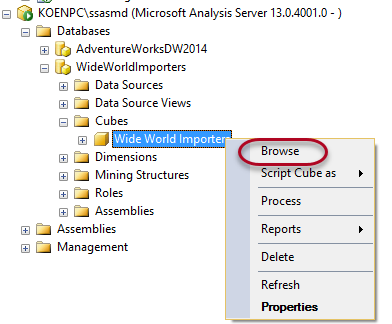
Benefits of Partitioning an SSAS Multidimensional Cube
February 28, 2017Introduction
In the article How to partition an SSAS Cube in Analysis Services Multidimensional, we explained how you can partition your measure groups in an SSAS cube. In this article, we’ll look at the expected benefits of the partition strategy. Time to reap the benefits of our hard work.
Read more »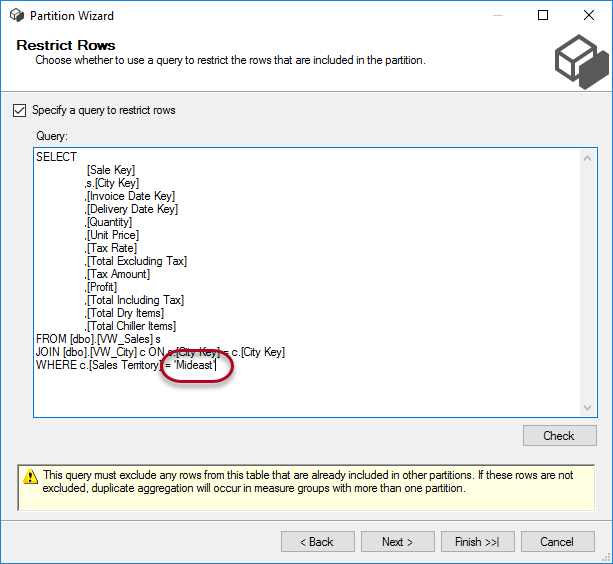
How to partition an SSAS Cube in Analysis Services Multidimensional
February 28, 2017Partitioning is the concept where you divide your data from one logical unit into separate physical chunks. This can have several advantages, such as improved performance or easier maintenance. You can for example partition a table in a SQL Server database, but you can also partition your measure groups inside an Analysis Services (SSAS) Multidimensional cube. In this article, we’ll discuss how you can set-up partitioning. For more information about the expected benefits, take a look at Benefits of Partitioning your SSAS Multidimensional Cube.
Read more »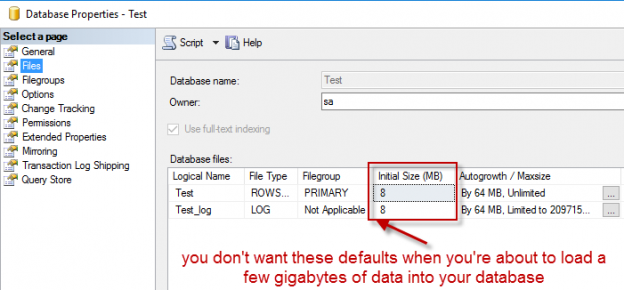
Integration Services Performance Best Practices – Writing to the Destination
January 26, 2017With this article, we continue part 1 of common best practices to optimize the performance of Integration Services packages. As mentioned in the previous article “Integration Services (SSIS) Performance Best Practices – Data Flow Optimization“, it’s not an exhaustive list of all possible performance improvements for SSIS packages. It merely represents a set of best practices that will guide you through the most common development patterns.
Read more »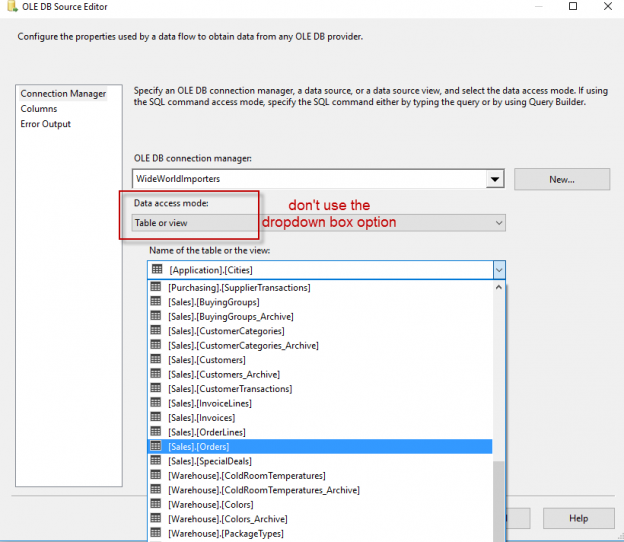
Integration Services Performance Best Practices – Data Flow Optimization
January 26, 2017In this article, we’ll present a couple of common best practices regarding the performance of Integration Services (SSIS) packages. These are general guidelines for package design and development which guarantee a good performance in most use cases. However, there are always exceptional cases and outliers. The mantra of “measure twice, cut once” also applies here. Thoroughly test any changes to your packages to conclude that a change made a positive effect. This means not only running the in the designer, but also on the server. Also, this article is not an exhaustive list of all possible performance improvements for SSIS packages. It merely represents a set of best practices that will guide you through the most common development patterns.
Read more »